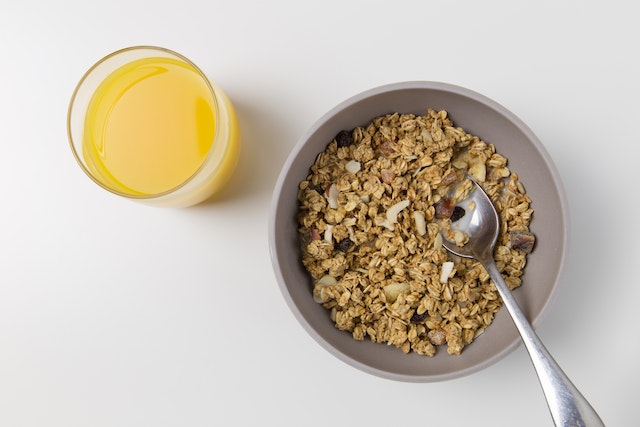Low-Calorie Lifestyle
A low-calorie lifestyle is a way of living that involves reducing the number of calories consumed daily to achieve weight loss, improve health, and increase energy levels. By reducing calorie intake, the body burns stored fat for energy, resulting in weight loss.
Benefits of a Low-Calorie Lifestyle
- Weight loss
By reducing calorie intake, the body burns stored fat for energy, resulting in weight loss. - Improved energy levels
When the body burns fat for energy instead of relying on calorie-dense foods, energy levels increase. - Better digestion
A low calorie diet typically includes more fiber-rich foods, which can improve digestion and prevent constipation. - Reduced risk of chronic diseases
A low calorie lifestyle has been linked to a reduced risk of chronic diseases such as heart disease, diabetes, and certain types of cancer.
Pros/Cons of a Low-Calorie Lifestyle
| Pros | Cons |
|---|---|
| Weight loss | Increased hunger and food cravings When reducing calorie intake, it is common to feel hungrier than usual. |
| Improved energy levels | Decreased muscle mass When losing weight, it is important to maintain muscle mass to prevent a decrease in metabolism |
| Better digestion | Decreased metabolism If a low-calorie diet is not balanced and sustainable, it can result in a decrease in metabolism. |
| Reduced risk of chronic diseases |
Pros:
- Weight loss
- Improved energy levels
- Better digestion
- Reduced risk of chronic diseases
Cons:
- Increased hunger and food cravings: When reducing calorie intake, it is common to feel hungrier than usual.
- Decreased muscle mass: When losing weight, it is important to maintain muscle mass to prevent a decrease in metabolism.
- Decreased metabolism: If a low-calorie diet is not balanced and sustainable, it can result in a decrease in metabolism.
Type 2 Diabetes Reversal
Different Types of Low-Calorie Lifestyles
There are many different approaches to a low-calorie lifestyle, including:
- The Mediterranean Diet
This diet emphasizes whole foods, lean protein, and healthy fats. - The DASH Diet
Designed to lower blood pressure and improve cardiovascular health. - The Flexitarian Diet
Allows for some flexibility and encourages plant-based eating.

Is a Low-Calorie Lifestyle Right for You?
A low-calorie lifestyle is a personal choice and should be based on individual needs and health goals. If you are considering a low-calorie lifestyle, it is important to speak with your healthcare provider to ensure that it is right for you. With the right approach, a low-calorie lifestyle can be a valuable tool for improving overall health and wellness.
 Note: Zelle payments are usually instant and cannot be reversed, so always verify the recipient’s details before sending money.
Note: Zelle payments are usually instant and cannot be reversed, so always verify the recipient’s details before sending money.